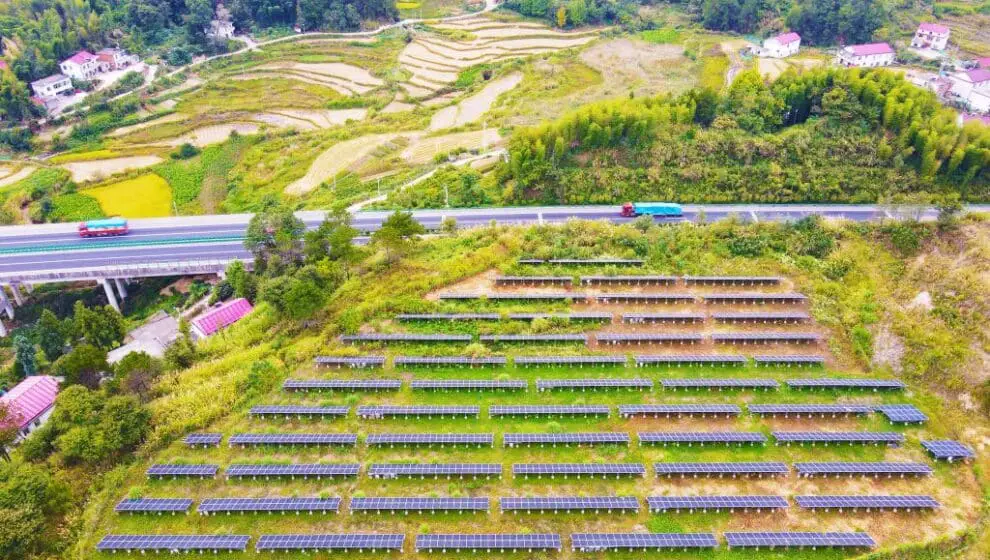Solar power was once thought of to only be available for homeowners and the affluent, but now it is becoming more easily accessible—even to renters.
Key Details
- Renewable energy has become popular and increasingly practical for homes across the U.S., but many who rent or could not afford solar power were being left out.
- Now It does not matter if you own a home or rent an apartment, solar power is becoming more easily accessible for millions of Americans.
- The new Inflation Reduction Act is changing the solar game by providing big incentives for solar energy.
- The law provides $7 billion to states to enable low-income and disadvantaged communities to benefit from zero-emission technologies, money that could be used to establish community solar programs.
- It also offers a tax credit of up to 50% for building solar systems that serve low-income communities and generate up to 5 megawatts of electricity, plus a 30% tax credit for batteries installed to store solar energy.
Why it’s important
Solar energy was once only available for houses and not easily accessible by people who rented or those who could not afford.
The Inflation Reduction Act is providing incentives for something known as community solar.
Community solar is a smaller-scale public array of solar panels. Essentially, it is a public garden of solar panels that people can subscribe to by paying a monthly fee based on how much electricity they use. In exchange, they receive a discount on their utility bills for the clean power they’re helping supply to the solar grid.
The community solar grids are nice for those who rent or do not have the extra funds to build their own solar panel array. It is easy to just subscribe to community solar and reap the benefits of clean energy.
So far, 21 states and the District of Columbia allow community solar projects, and the IRA is making it easier and cheaper to develop more of them.
Community solar projects typically generate between 250 kilowatts and 5 megawatts of electricity, which can power around 40 to 800 homes.
“I think the IRA is going to unlock a whole lot of new opportunities for Americans who historically have had barriers to accessing clean energy,” said VoteSolar program director, Susannah Churchill.
